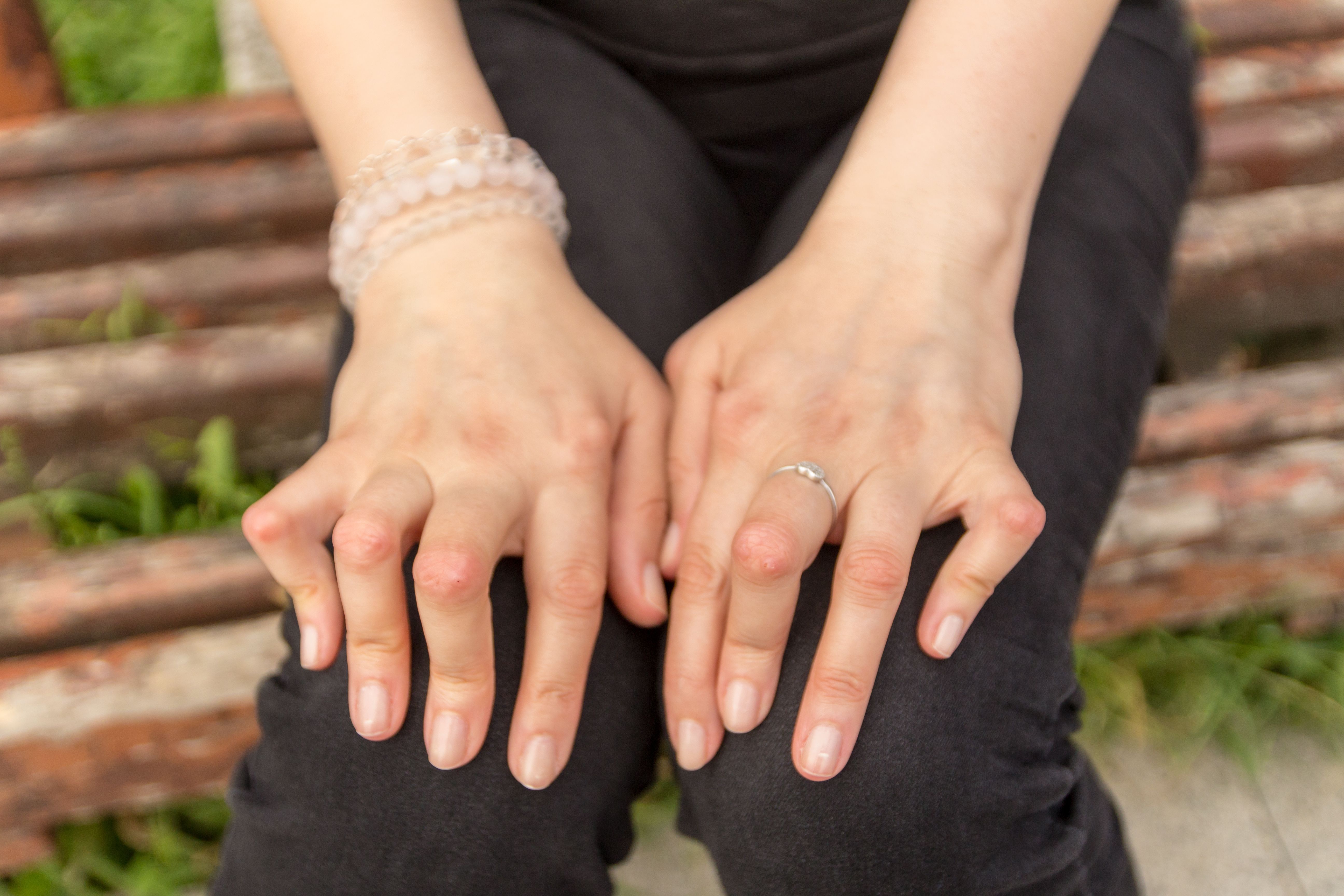Little is known about the etiology of juvenile idiopathic arthritis (JIA), but now a new study shows an association between antibiotic use and newly diagnosed cases of JIA.
The Etiology of JIA
The etiology of juvenile idiopathic arthritis (JIA) is poorly understood. A recent study suggested a link between antibiotics and JIA but did not examine the potential for confounding from infections or the role of antibiotic timing.
WHAT THIS STUDY ADDS: Antibiotics were associated with newly diagnosed JIA in a doseand time-dependent manner after adjusting for infection and other onfounders. Antibiotics may play a role in the pathogenesis of JIA. (Source: the journal Pediatrics) The study, published in the July 20, 2015 issue of Pediatrics, found that exposure to one or more antibiotic prescription is associated with a twofold greater odds of developing JIA – and the more courses of antibiotics, the greater the risk. The nested, case-control study found that five or more antibiotic doses tripled the odds of JIA. Timing also plays a role. The study included 152 newly-diagnosed JIA patients between one and 15 years old, and more than 1,500 age and gender-matched controls from primary care practices from the United Kingdom participating in the Health Improvement Network (THIN) medical database. The data, taken from 1994 to 2013, revealed that any antibiotic exposure within the first year of diagnosis (or within 6 months of the first joint symptom) showed the strongest association with JIA. Led by Daniel Horton, MD, of the Rutgers Biomedical and Health Sciences Child Health Institute, the researchers found that risk may be compounded by predisposing factors. Previous autoimmunity, including psoriasis and uveitis, was more prevalent among the JIA cases compared to controls, and mothers of the affected children were also more likely to have had autoimmune diseases. Patients with JIA had more infections and hospitalizations due to infections. Antibiotic-treated upper respiratory tract infections were more strongly associated with JIA than those that went untreated. By contrast, nonbacterial antimicrobial agents (e.g., antifungal, antiviral) were not associated with JIA. “If this association is causal, antibiotics could be considered a potentially modifiable risk factor for JIA, especially in light of the overprescribing of antibiotics to children, particularly for respiratory tract infections,” the study authors wrote in the journal Pediatrics.
References:
Horton DB, Scott DI, Haynes K et al., Antibiotic Exposure and Juvenile Idiopathic Arthritis: A Case–Control Study. Pediatrics. 2016. Accepted article, Published online July 20, 2015. doi: 10.1542/peds.2015-0036




